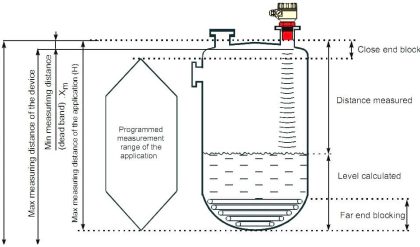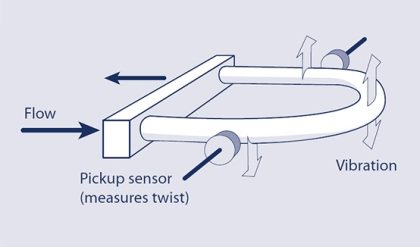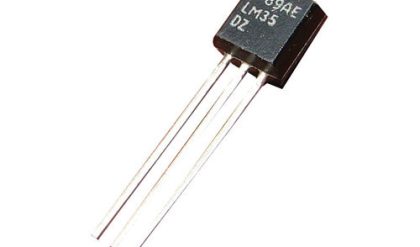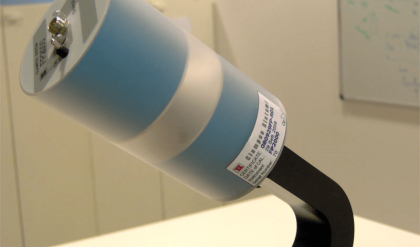You saw the importance of microwave transmission for newsgathering in the Higgins extract. The term ‘microwave’ identifies a particular range of frequencies used for radio communications. The range of frequencies that are referred to as ‘microwave’ is not exactly defined (or, rather, slightly different ranges are used in different contexts), but roughly speaking it is from about 200 MHz to 50 GHz. [Remember that MHz stands for megahertz, which is 1,000,000 Hz (106 Hz) and GHz is gigahertz, which is 1,000,000,000 Hz (109 Hz).]
It is possible to transmit digital signals over microwave by using pulses of microwave power to represent 1s, and the absence of microwave power to represent 0s. This type of transmission is known as on-off keying. In practice this is not generally the best way to use microwave for transmission, and more sophisticated ways of putting the data on the radio signal (different modulation schemes) are normally used. Regeneration is used in microwave transmission systems, but surprisingly long distances are possible without regeneration. In satellite communications, the satellite performs regeneration (as well as some other functions), but that still means that the signal has to travel the distance from the ground to the satellite in one go (and the same distance back). For geostationary satellites this is 36,000 km each way.
Even more remarkable is the microwave transmission that was used to send data back from the Cassini–Huygens space exploration mission to Saturn and its moon, Titan, in 2004/05. The distance between the Earth and Saturn was at that time 1,517,000,000 km! The reduction in the signal strength over that distance is very great, so the power of the signal received back on the Earth is small. In practice this means that the data rate (bandwidth) is small, because there is a trade-off between signal power and data rate. For high data rates higher power is needed. If the power is low, only low data rates are possible. (It is the same if you are having difficulty hearing someone speaking, when you might ask them to speak more slowly.





